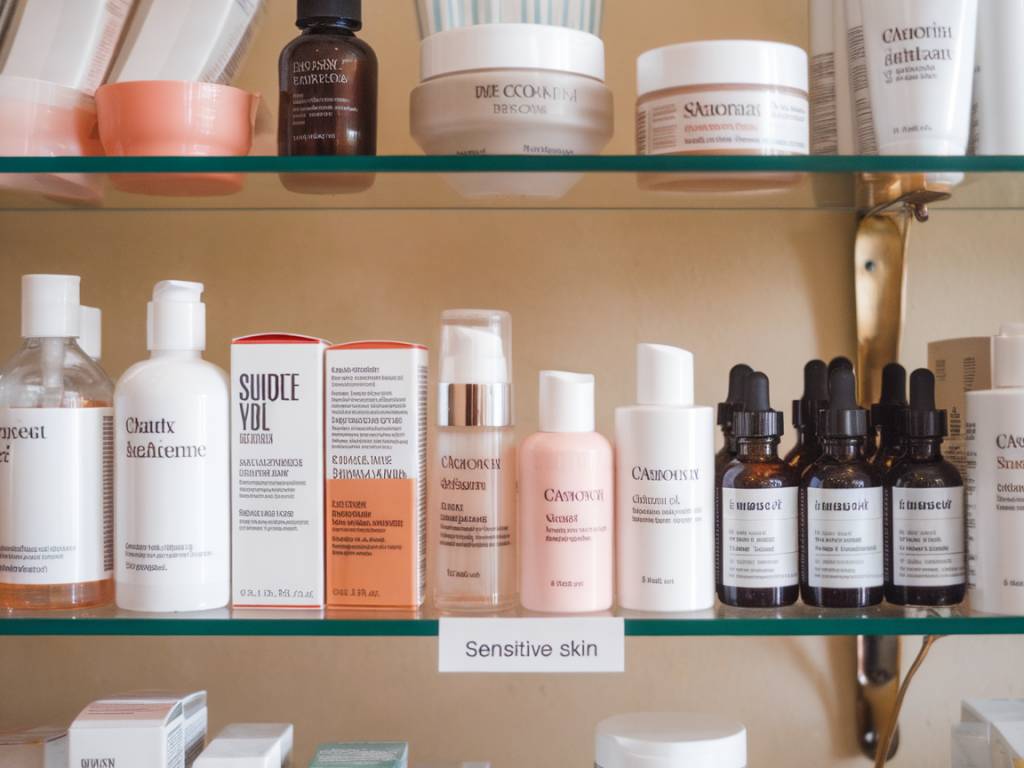Self-diagnosing with an AI chatbot may seem like a clever hack—upload a scan or lab report, ask a question, and get an instant analysis. But Italy’s Privacy Authority has sounded the alarm: feeding sensitive medical data into unregulated AI tools brings hidden dangers. From data breaches to misdiagnoses, here’s what you need to know to protect your health and your privacy.
How DIY AI diagnosis works
Powered by generative AI, these chatbots can analyze text, images or data you upload. Typical steps:
- Upload a medical file: X-ray scans, blood test results, MRI images.
- Ask a question: “What does this abnormal value mean?” or “Is this tumor dangerous?”
- Receive instant feedback: The AI generates a quick interpretation or recommendation.
On the surface, it’s fast and free. No waiting rooms, no appointment fees—just a few clicks on your phone. But beneath the convenience lies a murky privacy and accuracy minefield.
The first risk: uncontrollable privacy breaches
Medical records are among the most sensitive personal data. When uploaded to an AI platform not built for healthcare, they can:
- Escape your control: Once data leaves your device, you can’t revoke access or ensure deletion.
- Be copied or shared: Proprietary algorithms may store or share files with third parties.
- Even be sold: In extreme cases, health data can be packaged into anonymized datasets for marketing or research without your consent.
Italy’s Garante della Privacy emphasizes that such “anonymous” health data can often be re-identified, making this a severe breach of confidentiality.
The second risk: questionable medical competence
Unlike a licensed doctor, an AI chatbot lacks formal medical training and legal accountability. Consider:
- Algorithmic errors: AI may misinterpret images, confuse similar conditions, or produce outright false positives.
- No human oversight: If you follow incorrect advice, there’s no physician to catch the error or fine-tune recommendations.
- No context sensitivity: AI doesn’t know your medical history, allergies, or personal risk factors beyond the data you upload.
The result can range from unnecessary anxiety to dangerous delays in seeking proper medical care.
Why the Privacy Authority stepped in
Reports of patients bypassing doctors and relying on AI for self-diagnosis have soared. In response, Italy’s Garante issued a public notice warning:
- Against uploading any clinical records to nonhealthcare-certified platforms.
- For greater caution and awareness of data protection rights.
- That using AI in place of professional advice may violate both privacy laws and medical regulations.
This intervention highlights the need for consumers to distinguish between casual tech tools and regulated medical services.
Practical steps to safeguard your health data
Before you upload anything, follow these tips:
- Use certified telehealth apps: Choose platforms compliant with healthcare privacy standards (e.g., HIPAA in the US, GDPR in the EU).
- Read privacy policies: Ensure any service encrypts your data, doesn’t share it with third parties, and provides clear deletion processes.
- Avoid open-ended chatbots: Treat public AI playgrounds like social media—never share files containing personal identifiers.
- Consult your doctor first: Use AI as a curiosity tool, then discuss results in a teleconsultation or in person.
Being proactive about data protection can prevent future mishaps and keep your medical journey private.
Balancing innovation and responsibility
AI has undeniable potential to support diagnostics—fast image analysis, predictive analytics, and triage assistance. But responsible use demands:
- Clear regulatory frameworks: Defining which AI tools qualify as medical devices and subjecting them to clinical trials.
- Strict data governance: Ensuring all health data is processed under robust consent and storage rules.
- Mandatory human oversight: AI recommendations should always pass through a licensed professional’s judgment.
Until these safeguards are standard, Princess Daisy advocates for cautious curiosity: stay informed about AI advances, but safeguard your most private information.
Your next steps
Want to explore telehealth safely? Look for apps endorsed by reputable hospitals or health systems. Prefer to keep testing new AI toys? Stick to nonmedical topics—travel tips, language practice, or creative brainstorming. And always remember: no chatbot can replace the nuanced care of a skilled clinician when it comes to your health.










